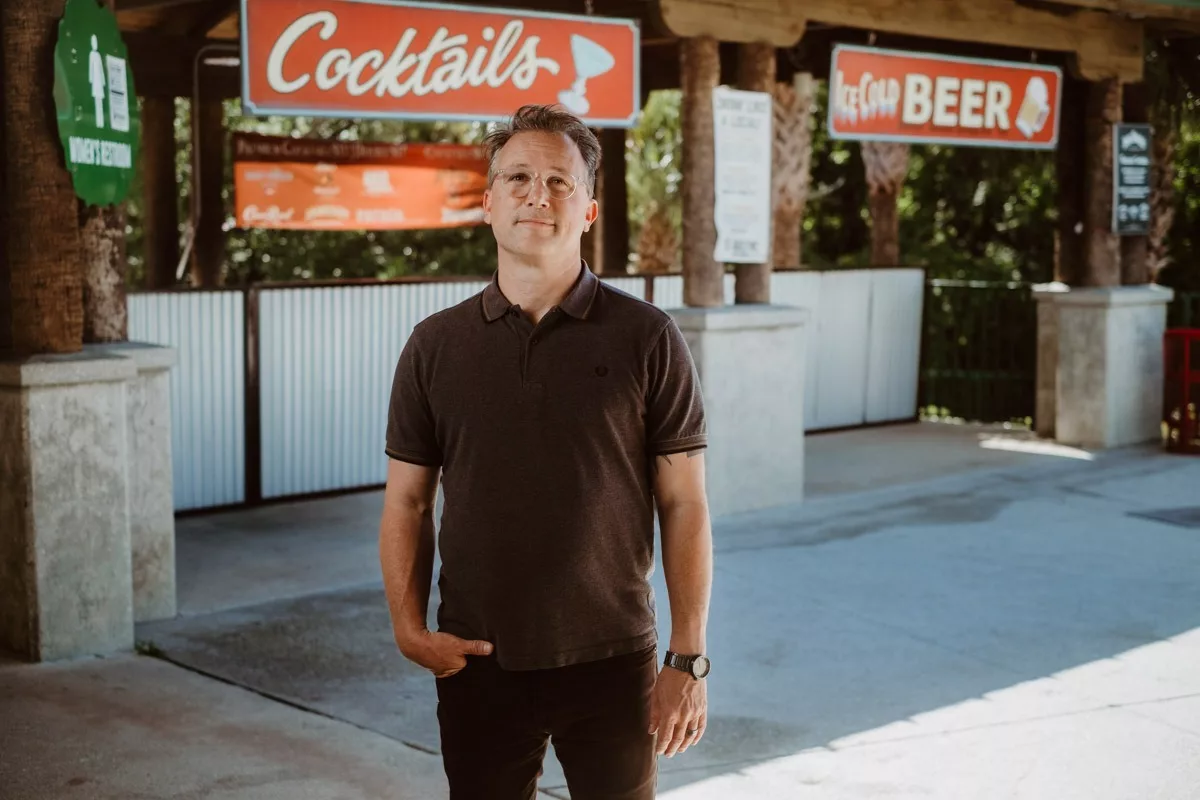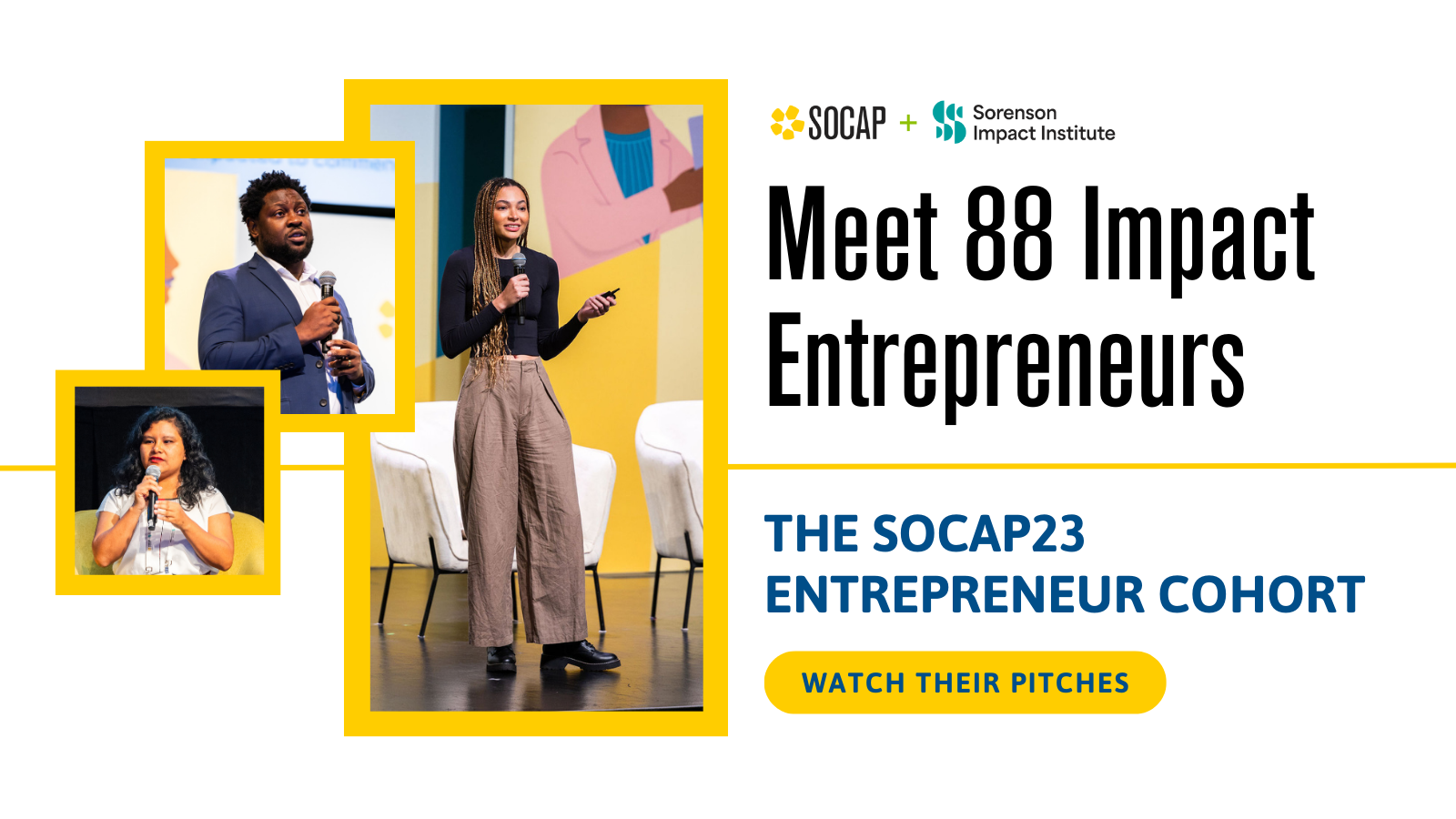I need a hero, and it doesn’t have to be human. I need a healer, and it doesn’t have to be medication. It could be, it could be, it could be music
Hamzaa
It has long been said that music is the soul of a culture, the language of our souls, and food for our souls. I’ve even been known to refer to music as my spirit animal here and there. Many of us, as individuals, are deeply connected to music – the sounds, the stories, and the energy. The first few notes of a song can transport us back in time to a different version of ourselves and immerse us in the real emotions of experiences already lived.
Music has been creating, shifting, protesting and embracing our culture for longer than current humans have existed, with a rhythm as complex as jazz and as comforting as whatever your grandparents played when you visited them in the summer. Music leads. Culture follows.
So if culture can only ever be Gwen to music’s Fosse, how do any of us have any power to control which direction music shifts our consciousness?
You give the keys to the house to someone who has the heart of protest music and the spirit of early punk. And you do it in the deep South, where pretending to let someone else run the show while you are secretly in charge is built into our DNA.
Music has also always been about community and connection. Attaching yourself to a genre of music is like joining a community. Going to shows, dancing in clubs, listening to jazz on a patio – these are all things that bring us closer to people who share some part of our world view. Whether it’s standing in a packed pit listening to 4 hours of Widespread Panic or waiting in line for a show at CBGB, music does and always has given us a reason to go find our people.
In some ways, music tells us who our people are. So too it was for Ryan Murphy who found his people early on in the rebellion of early punk and early 90’s, at a record store called Fuse Records. Not long after he transitioned from teenage punk rocker to DIY promoter and from a Ramada Inn in Daytona Beach to House Shows near the University of Florida and a gig at No Idea Records, a punk label.
For Ryan, though, it was always about more than the music. After successfully combining his promoting skills with his social justice soul to create the ground-breaking Harvest of Hope Fest, he was offered the role of Director of Cultural Events for our county and General Manager of the St. Augustine Amphitheater, or the Amp as it is fondly called. For the next nine years, this little 4,000 seat venue built a name for itself by hosting some of the biggest names in music, who wouldn’t normally play at a venue that size in a town this small.
Over the same period of time, other things shifted: locally-owned restaurants were added alongside traditional concessions, food trucks were in the parking lot before shows, local craft beer and liquors were added, and the backyard stage provided a more intimate setting reminiscent of VHI Storytellers. A Saturday Farmer’s Market with live musicians as the backdrop and community events like PechaKucha or performances from the local performing arts programs added deeper context and diversity to how the space was used.
And then two major things happened – two defining moments where Ryan flipped the script. In 2014, in answer to Jack Johnson’s eco-rider, Green Hands was formed and the Amp started transitioning to a green venue. From no straws to no single-use plastic to composting to a reusable cup program, the Amp became a nationwide leader in the shift towards more sustainable entertainment. I heard Ryan speak once about the reduction in garbage dumpsters and it was mind-blowing. I posted on Facebook after the early announcement that there would be no more straws at the Amp, basically telling my world that if a concert venue can do it, so can they. And I wasn’t the only one. I know people who started composting after they heard the Amp was doing it and restaurants that followed suit and stopped offering straws or plastic cups.
In 2016, Ryan co-founded the Sing Out Loud Festival – free concerts every weekend in the month of September at multiple venues – small and large – across the city. Different venues host performances that match their patrons and the diversity of music culminates in one big melting pot of community. Now, he was telling the world that music should be accessible whenever possible.
When music takes a stand, it does so in a big way.
• 1956 – Elvis shakes his pelvis on Ed Sullivan
• 1965 – Bob Dylan plugs in at the Newport Folk Festival
• 1972 – David Bowie creates Ziggy Stardust
• 1989 – NWA arrested for performing F the Police
• 1991 – Smells like Teen Spirit is played on MTV’s 120 minutes
• 2011 – Lady Gaga performs Born This Way at the Grammy’s
And so many more. Big bold statements that said this is where we are going and you are going to come with us – like it or not. And they define much of the culture of the era. They are the precursors to the next Big Things that are coming. So, too is it with the work of Ryan Murphy. While much of what he did in St. Augustine followed a sort of guerrilla-style ask for forgiveness over permission model (and gave him a super cool mystique), that all changed when he left his position in St. Augustine, in late 2019, to move to Huntsville, AL, and begin work on the new Huntsville, Amphitheater.
Similar to the events above signaling a moment where underground music culture got loud, the Huntsville Amphitheater is being designed to be a vibrant, innovative and sustainable Music City in which artists, businesses, and tourists can thrive. This is an official reimagining of the county-owned amphitheater as a community center, with the mission of doing what is best for the community. The goal is much like what was created in St. Augustine, a mini version of the world we all want to see: collaboration, sustainability, diversity, and access.
And he’s doing it with some pretty big names: musician Ben Lovett, a founding member of English folk-pop stars Mumford & Sons; Mike Luba and Don Sullivan, producers behind tours ranging from Grateful Dead to Chance the Rapper; and music-biz vet Graham Brown, who’s booked artists such as Willie Nelson and Ed Sheeran.
Huntsville is only the current stop on the tour too. The bigger goal is to create different models of operation and curation on venues of all sizes. According to Ryan, this opens up the ability for the venue to become community-centric and the community more engaged.
When I asked him what the dream legacy would be from his work, he said, first, “I feel like I am living the dream.”
He then went on to say, “The success of a club, theater, or amphitheater won’t just be measured on the financial success and bottom line, but also on its impact on the community. This will be measured by its ability to be completely and utterly inclusive, to help provide resources and support to non-profits, and to appropriately calculate the environmental impact the events and facilities have – and provide effective solutions. They will be models in the community that people can look towards, not only as successful business models in general, but also as agents of social and environmental justice and cultural hubs that broaden the scope of the arts in the community.”
Maybe music really is the hero we all need right now.





